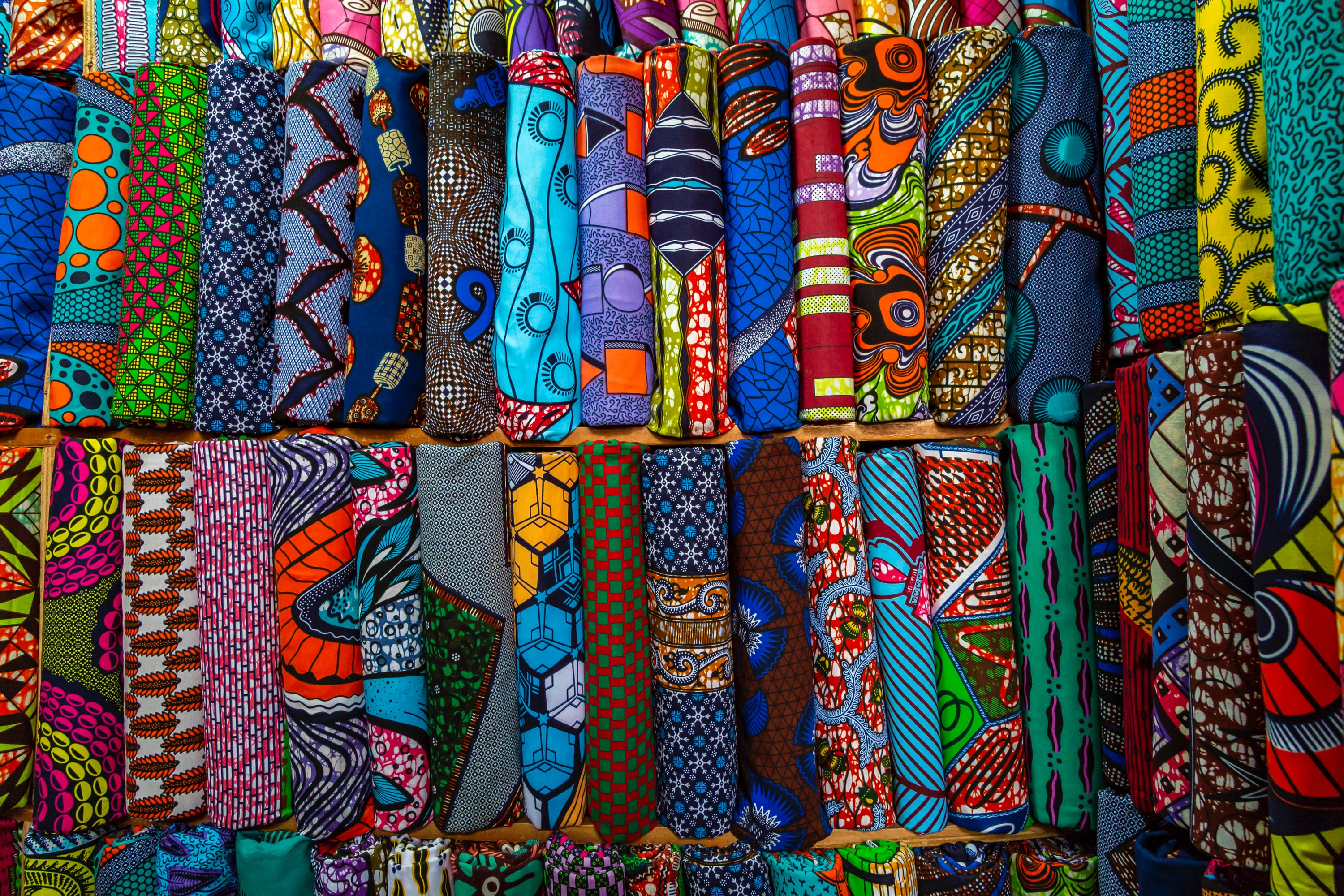
WHY STUDY ART AND CULTURE IN GHANA?
Your Experiment program starts in Accra, the capital of Ghana, a modern city with ancient roots. This fascinating city of contrasts—a unique blend of traditional and contemporary art and culture—is where you will begin your 95 hours of formal internship.
Deepen your understanding and immerse yourself in local culture by becoming part of a community for four weeks through your group internship, homestay, guest lectures, site visits, and community projects. The homestay experience is the cornerstone of The Experiment experience and you will have the opportunity to stay with a Ghanian family for the duration of the program.
You’ll gain a new perspective on Africa as cosmopolitan, which counters Eurocentric narratives of deprivation and backwardness. Undergirding this program is the concept of Sankofa, which encourages a strong engagement with the past to ensure informed and sustained progress into the future.
Enhance your critical thinking, time management, and intercultural communication skills through your internship with a local community or research organization, business, or international NGO. You will also be introduced to hiplife music, media houses, and institutions across the country that highlight Ghana’s position in a hyper-globalized world. Expand your knowledge of present-day Ghana through discussions on politics, democracy, human rights, gender justice, and environmental challenges.
The Experiment strives to center diversity, equity, and inclusion in program design and delivery and the internship program is a unique opportunity to work in partnership with local communities. Therefore, the internship work is determined by the needs identified by the local communities. This may involve supporting the administrative, archival, curation, and center guidance of the local arts and cultural centers.
Upon successful completion of this program, students will earn three college credits through The Experiment’s accredited partner institution, School for International Training.
LEARN BY DOING
The Experiment’s programs are designed to build skills that will help you succeed. In Ghana, you will learn:
TECHNICAL SKILLS
- Research and project management
- Email communication
- Writing
- Presentation
- College prep
INTERPERSONAL SKILLS
- Resourcefulness
- Intercultural communication and understanding
- Problem-solving
- Adaptability
- Relationship-building
- Critical thinking
KNOW BEFORE YOU GO
- Be prepared to be intellectually challenged by the course content and your learning community. Participants will be expected to complete required readings, assignments, exercises, and actively participate in course discussions.
- Rugged travel includes bus rides and/or other extended travel on bumpy roads or other rugged conditions during the excursion outside Accra.
- Outdoor activities include hiking and trekking.
- Vegetarian meals are not as common as in the United States. Although it will be difficult to remain strictly vegetarian, there are places that satisfy vegetarian concerns, especially in urban centers such as Accra.
- Access to the internet is limited and internet speeds and connectivity vary.
- The diverse personal and social identities of participants may, in part, shape their experience abroad. In-country partners will discuss cultural norms and the local context during orientation. Please read our approach to Diversity, Equity, and Inclusion for further information. All students will have a safe space within the program spaces and with the local staff and group leaders.
- The Experiment program structure is rooted in experiential learning and cohort-based learning. The participant group experience is a major source of learning for Experimenters and is facilitated by trained Experiment group leaders.


